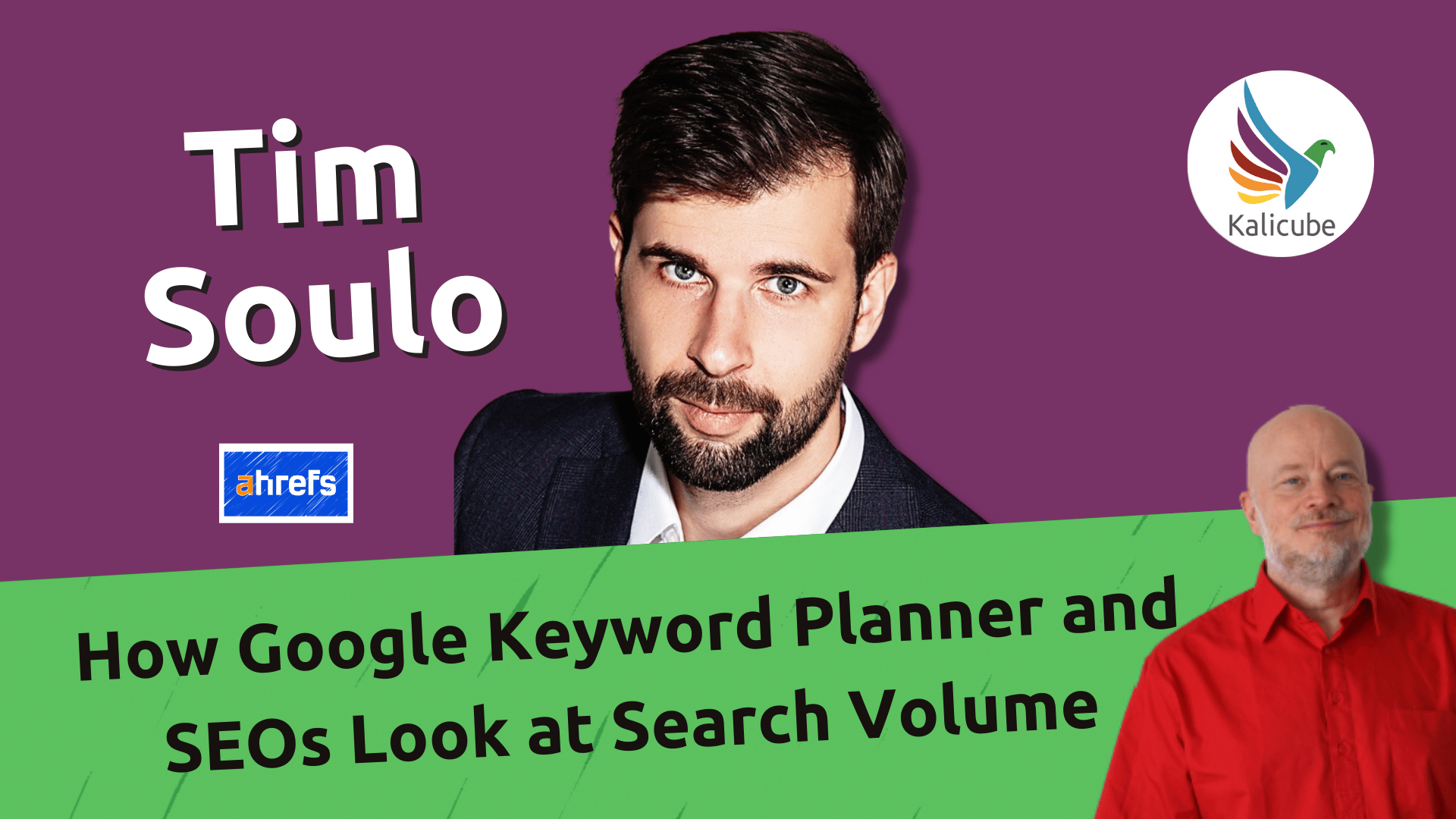How Google Keyword Planner and SEOs Look at Search Volume

Kalicube® Tuesdays with Tim Soulo and Jason Barnard 22 March 2022 at 11 H CET (Paris)
In this short video clip, Tim Soulo and Jason Barnard discuss the big difference between the way Google Keyword Planner handles search volumes compared to how SEO professionals do it in Google Search Console. As a tool for advertisers, Keyword Planner groups variants of queries that mean the same thing (for example singular and plural versions of a particular keyword). SEOs, on the other hand, want to know the most common ways users search for something to communicate with people using their own vocabulary. Jason and Tim then explain that it’s important to know how the user-first approach works focus on the user and communicate effectively with your audience. Watch to the end.
00:00 Google Keyword Planner overestimates search volumes
00:30 A tool for advertisers
01:21 SEOs speak the language of users
01:35 SEOs focus on the users
Transcript from: How Google Keyword Planner and SEOs Look at Search Volume
Tim Soulo: …maybe we can later link to the research study that we published on the Ahref’s blog, but in the majority of cases, Google Keyword Planner was overestimating the search volumes compared to what you get in Google Search Console. And the actual reason for that is pretty well known again to seasoned SEOs is because they group keywords with similar meaning together and they display aggregate search volume for the entire group. Again, this is because it’s a tool for advertisers. So, if you want to advertise for a particular keyword, for example, you don’t want to bother about singular and plural versions of that keyword like cat food, cats food, cat foods, cats foods, I don’t know, something like this, food for cats. To Google Keyword Planner, those things are the same, but if you are an SEO professional, you do want to know the most common way how people search for something because then you want to use that in your copy to speak to people in their own words.
Jason Barnard: No, but that’s incredibly important. I think a lot of people miss that boat as it were is that they think, Oh, I need to match exactly that phrase because that’s what Google likes but it doesn’t actually carry, what does matter is that you’re speaking the language that your users are using not just the language of the English and French or Ukrainian, but speaking using the vocabulary and the turns of phrase that people actually use. And I think focusing on the user, which is what Google says all the time that people get very angry with John Mueller for saying that over and over again, it does sound kind of trite and banal, but it’s actually what you need to do. Sorry, that was my little rant there.
Tim Soulo: No, no problem. Absolutely.





